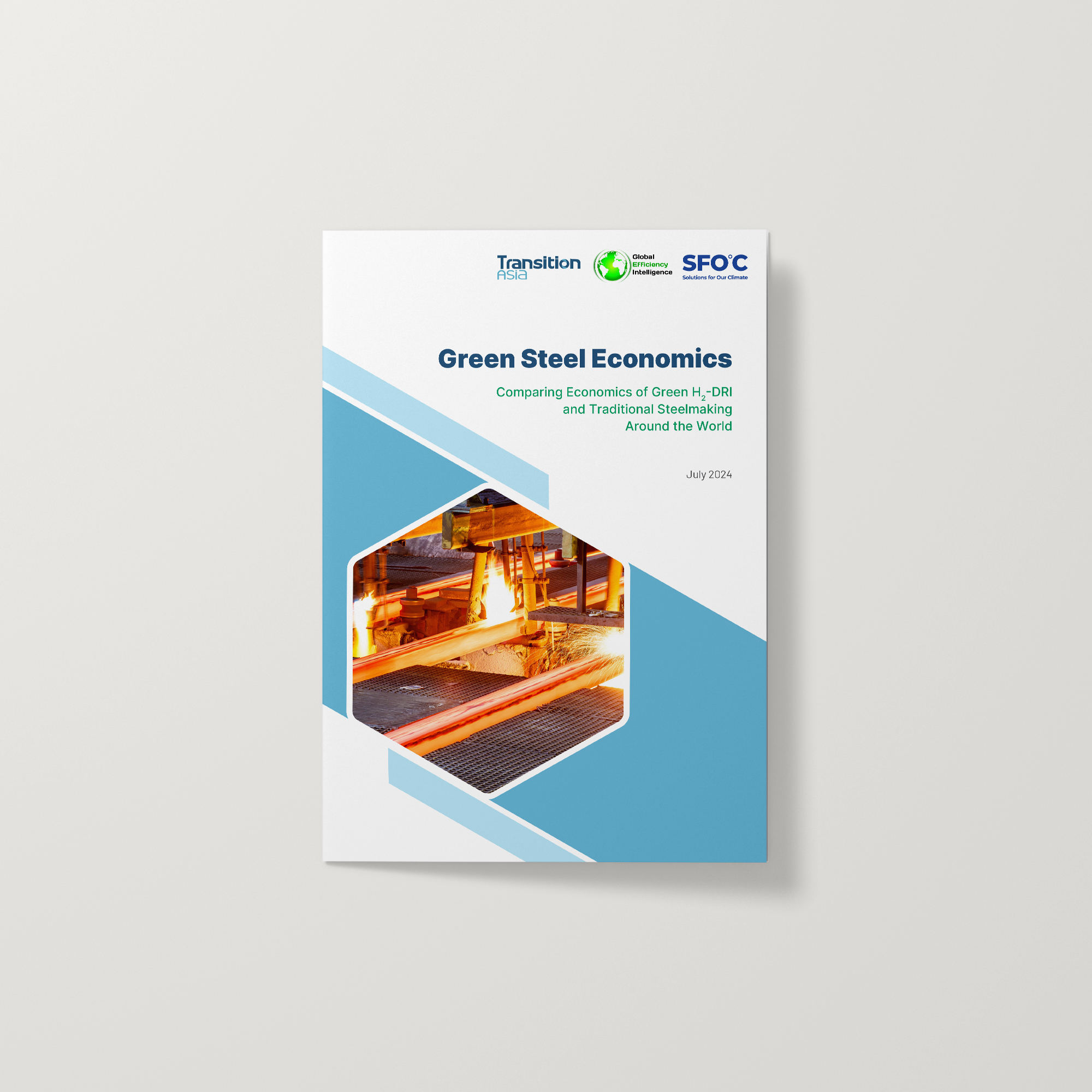20,000 citizens march for climate justice across South Korea
September 7, 2024 (SEOUL) — Following the recent landmark climate ruling by the Constitutional Court of Korea, expectations for greater accountability from Korean companies and the government in adequately responding to the climate crisis and safeguarding citizen’s rights were reflected in this year’s Climate Justice March.
Two of South Korea’s major carbon emitters, Samsung Electronics and POSCO, were spotlighted during the march, with citizens and activists holding actions outside the Samsung Gangnam flagship store and nearby areas. As one of the key events in South Korea’s climate movement, the Climate Justice March attracted 20,000 citizens and more than 300 civil society groups across the country, coming together to raise awareness of the seriousness of the climate crisis and urging the government and companies to act.
With more than 60% of Korea's energy coming from fossil fuels like coal and Liquefied Natural Gas (LNG), the march highlighted the need to expand renewable energy and decrease fossil fuel reliance. As the country's 8th largest greenhouse gas (GHG) emitter, biggest electricity consumer, and RE100 member with a 2050 100% renewable energy procurement target, Samsung's commitment to green electricity faces domestic and global scrutiny. This includes Samsung’s global customers – with supplier decarbonization signals from companies like Apple and Microsoft pressuring Samsung to enhance its targets to maintain competitiveness.

Image caption: Climate activists protest Samsung's LNG expansion and call for greater renewable energy commitments outside the Samsung Gangnam store
Samsung’s 300 trillion KRW ($2.3 trillion) pledge to the System Semiconductor Cluster (under the broader Yongin Semiconductor Cluster) has been facing backlash due to plans to construct 3 GW of new LNG power plants, while adding renewable energy capacity is left to the long-term. The planned fossil fuel expansion invites doubts on whether the facility can meet the decarbonization needs of Samsung and other companies reliant on the cluster.
Janghyeok Lim, Policy Analyst at Solutions for Our Climate (SFOC), said "As South Korea's largest electricity consumer and major global brand, Samsung must stop financing domestic LNG expansion which prolongs a reliance on fossil fuels and focus on supporting the transition to renewable energy. Increasing renewable energy access in Korea will be critical both to meeting Samsung's RE100 goals and national decarbonization targets”.
While air pollution was not spotlighted in the march, the overlap between the International Day of Clean Air for Blue Skies on September 7th reflects the important connection between fossil fuel phase-out and the reduction of harmful air pollution.
With major carbon emitters urged to fulfill their responsibilities in responding to the climate crisis, South Korea’s largest steelmaker and top corporate GHG emitter, POSCO, was called out for its reliance on coal and slow pace of transition to green steelmaking.
Jungeun Park, Steel Lead at SFOC said: “The steel industry is responsible for 100 million tonnes of greenhouse gas emissions, which is 16% of South Korea’s overall emissions. As the country’s biggest steelmaker and major polluter, POSCO should realize that there will be no future for 'coal steel' and proactively act to reduce coal reliance and transition to clean steel production methods to safeguard both the climate and health of local communities.”

Image caption: Climate activists protest POSCO's coal use and high carbon emissions alongside the Climate Justice March in Gangnam
The company is also a major contributor to air pollution, with the Gwangyang Steelworks and Pohang Steelworks remaining as the top two worst performers in terms of annual emissions of air pollutants in 2023, according to Ministry of Environment data. Analysis by SFOC and CREA indicates that the air pollution is closely tied to the steelmaker’s continued reliance on coal-based blast furnaces, which are high in both GHG and air pollutant emissions.
The actions on Samsung and POSCO, as well as the overall march, highlight citizen’s impatience with inadequate decarbonization efforts from policymakers and industry leaders. Reducing carbon emission and curbing harmful air pollution linked to fossil fuel use is becoming a key agenda across energy and industry sectors and is further reinforced by calls to uphold citizen’s rights in relation to the climate crisis.
Photos from the press conference can be accessed here (Image credit: SFOC).
ENDS.
Solutions for Our Climate (SFOC) is an independent nonprofit organization that works to accelerate global greenhouse gas emissions reduction and energy transition. SFOC leverages research, litigation, community organizing, and strategic communications to deliver practical climate solutions and build movements for change.
Website: https://forourclimate.org/
For media inquiries, please reach out to Kate Kalinova, Communications Officer, at kate.kalinova@forourclimate.org.
Share this insights
































![[CREA-SFOC] Unveiling the Truth Behind Blast Furnace Pollution_South Korea](https://content.sfoc.tapahalab.com/images/research/C4Xvdme.jpg)







